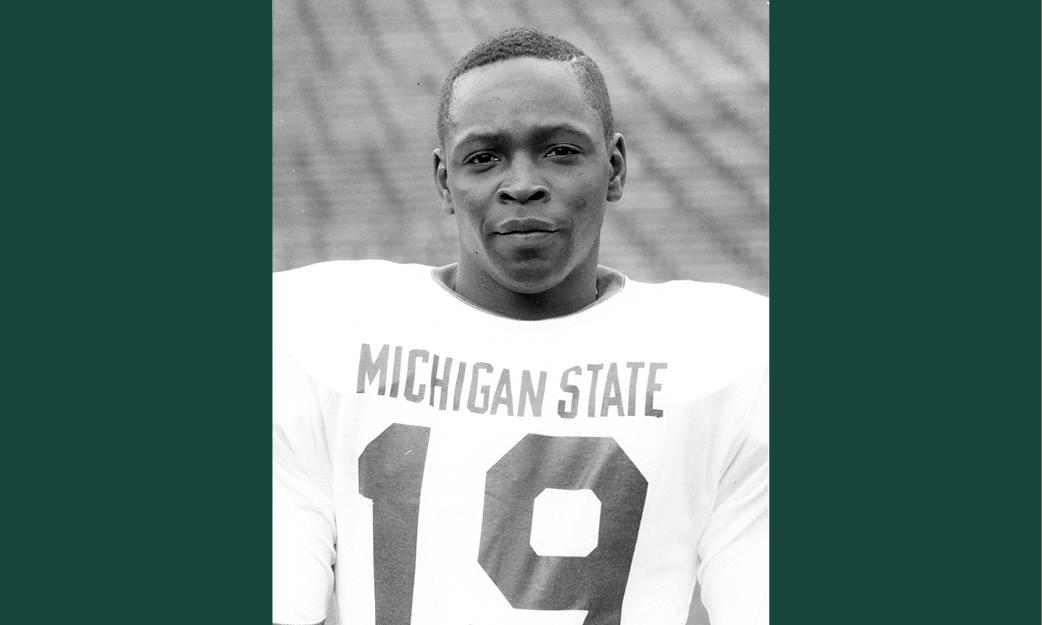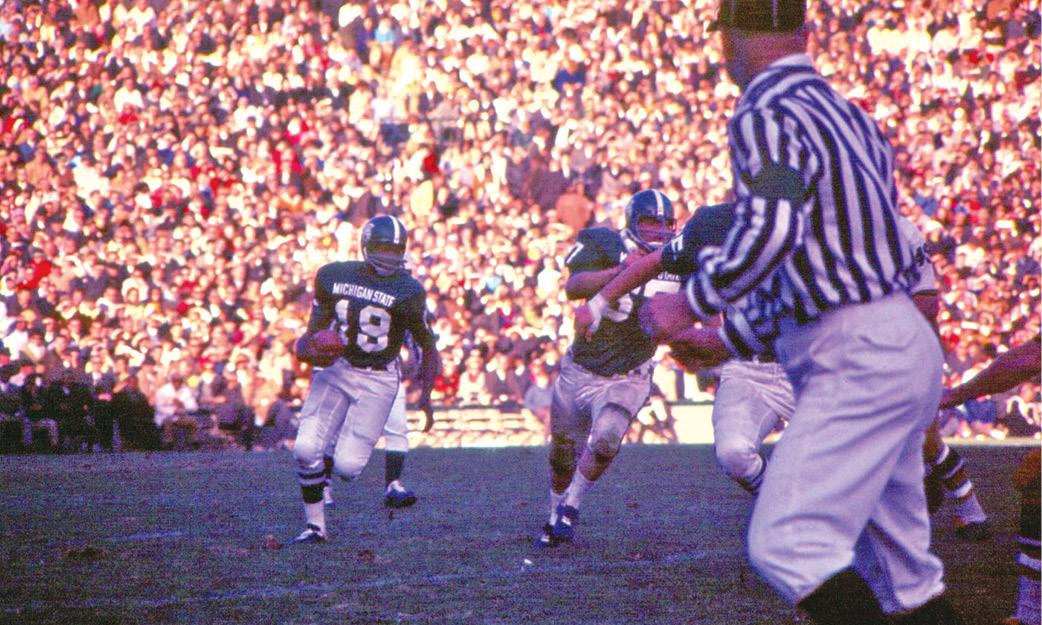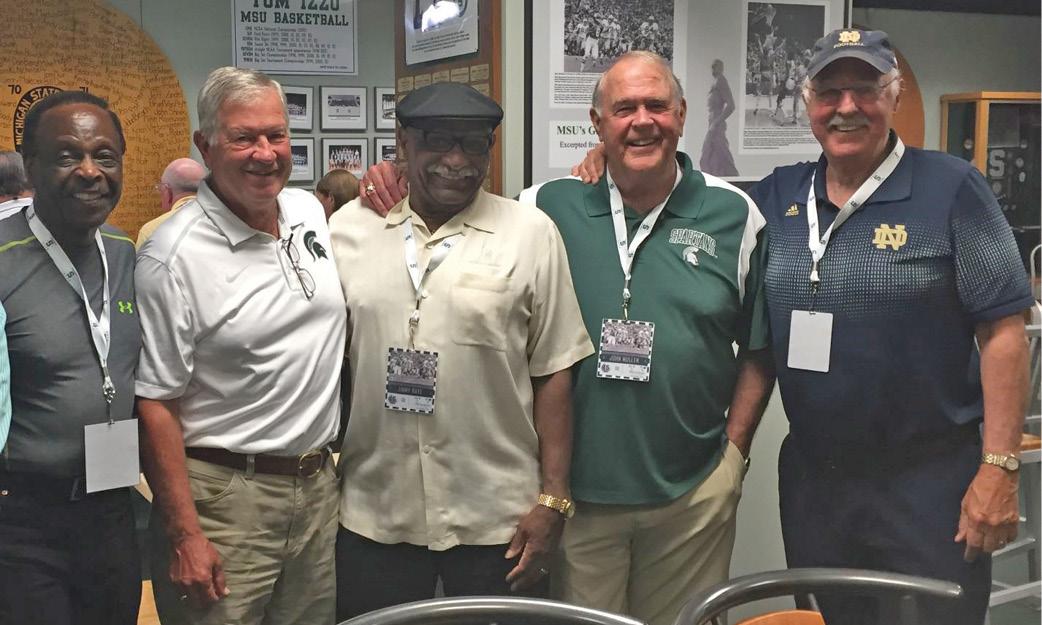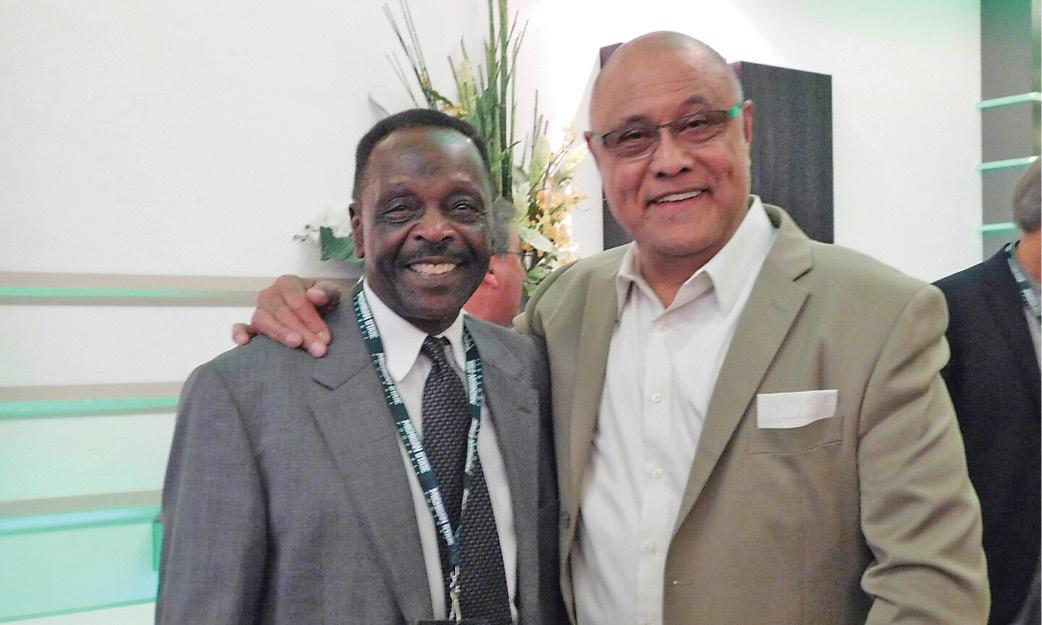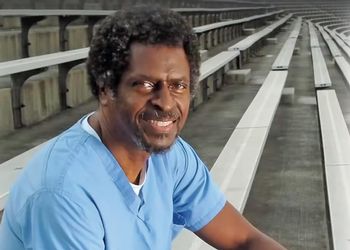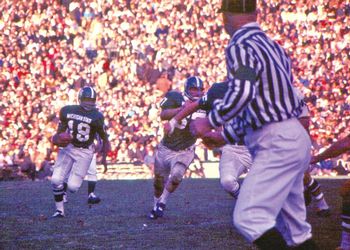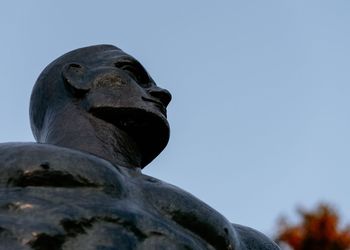Living History
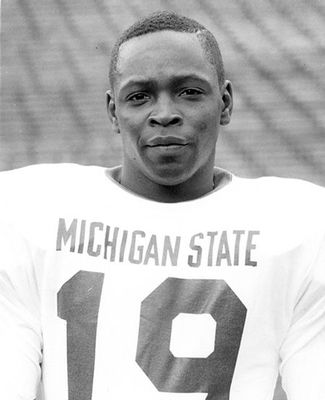
Living History
Marshall’s story is a life lesson for today’s COVID-19-impacted athletes. He adapted to history’s twists and turns, living through the Ole Miss riot of 1962, escaping segregation through Coach Duffy Daugherty’s effort to integrate his team, serving as a young lieutenant in Vietnam and retiring from a second career as a high school principal in San Francisco.
January 12, 2021“When I was in sixth grade, we had to give a speech about what we wanted to do in life,” Eric Marshall said.
“Mine was about how I was going to Michigan State University to play football and graduate. The other kids laughed at me. It was the impossible dream. No one we knew was able to go to a Big Ten school.”
Marshall was never more than a backup quarterback for MSU, but all that mattered to him was fulfilling his dream of earning his political science degree. He had the last laugh on his sixth-grade classmates as a high school senior. “I read them my scholarship letter from Duffy.”
American history found him again, disrupting his plan for graduate school with an Army draft notice.
Marshall arrived in Vietnam 50 years ago, serving 13 months, from July 1970 to August 1971.
Maybe the local draft board thought he was just another Black body to send to the front lines—they went in disproportionate numbers—but Marshall was a college graduate. That qualified him for Officer Candidate School.
“I was going to Vietnam anyway. I might as well go as an officer. I signed up for Ranger training, jump training, jungle training. It was a good thing, too. When you first get there, your men think you’re some lieutenant that doesn’t know what’s going on over there. My training gained their confidence.”
Only in America can history flip circumstances so quickly and dramatically.
In 1962, Marshall was a bystander on racially blood-stained Mississippi soil; he watched the Army protect a descendant of slaves from Confederate progenies. Eight years later, he was an Army officer on blood-stained foreign soil; he commanded a melting-pot platoon.
Marshall, 77, eventually retired from two careers. First, as an Army Lt. Col., having served 24 years around the world, including a diplomatic trip to Moscow while stationed in West Berlin. Next, as a high school principal in the San Francisco Unified School District.
After all these years and events, throughout the twists and turns, he is proud of his life’s journey. Today’s COVID-19-impacted athletes can learn from him—that life can still turn out fulfilled.
Read more about Eric Marshall: go.msu.edu/marshall
Contributing Writer(s): Tom Shanahan


